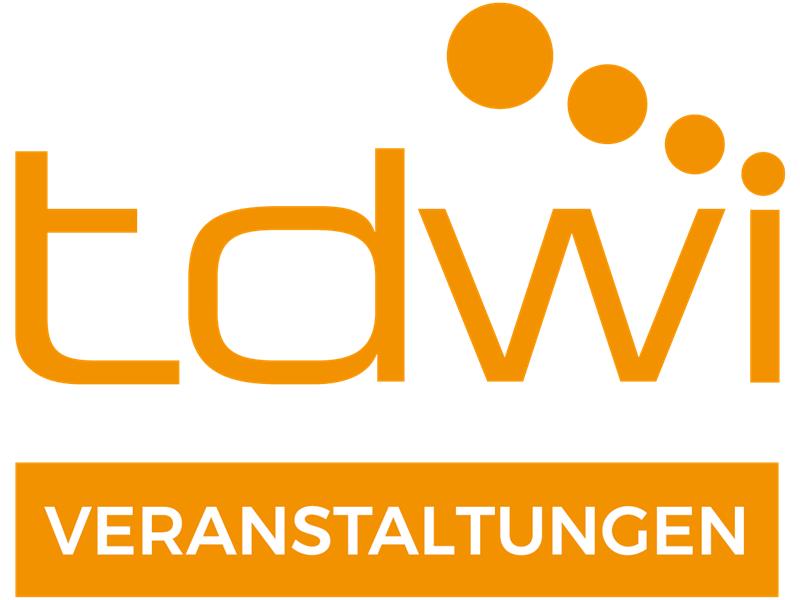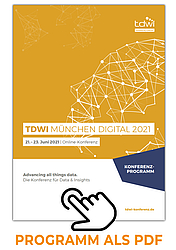
PROGRAMM
Die im Konferenzprogramm der TDWI München digital 2021 angegebenen Uhrzeiten entsprechen der Central European Time (CET).
Per Klick auf "VORTRAG MERKEN" innerhalb der Vortragsbeschreibungen können Sie sich Ihren eigenen Zeitplan zusammenstellen. Sie können diesen über das Symbol in der rechten oberen Ecke jederzeit einsehen.
Für alle, die eine alternative Darstellung bevorzugen bieten wir unser Programm-PDF an:
» Zum PDF-Download
Gerne können Sie die Konferenzprogramm auch mit Ihren Kollegen und/oder über Social Media teilen.
Is there life beyond hadoop – should data lakes be drained?
The past year or two has seen major changes in vendor support for the extended Hadoop ecosystem, with withdrawals, collapses, and mergers, as well as de-emphasis of Hadoop in marketing. Some analysts have even declared Hadoop dead. The reality is more subtle, as this session shows, through an exploration of Hadoop's strengths and weaknesses, history, current status and prospects. Discussion topics include plans for initiating new Hadoop projects and what to do if you have already invested, successfully or otherwise, in data lakes.
Target Audience:
Enterprise-, systems-, solutions- and data architects
Systems-, strategy- and business intelligence managers
Data warehouse and data lake systems designers and developers
Data and database administrators
Prerequisites:
Basic knowledge of data management principles
Experience of designing data warehouses or lakes would be useful
Level: Basic
Extended Abstract:
Hadoop and its extended menagerie of related projects have been responsible for a decade of reinvention in the data management world. On the positive side, projects that would have been impossible with traditional technology have become not only possible but commonplace in today's environment. Hadoop has been at the heart of the explosion of digital business.
However, Hadoop has also been beset by a long list of complaints and problems, particularly relating to data management and systems management. Some of Hadoop's early strengths have been eroded as relational database vendors have upped their game. Furthermore, the rapid growth of Cloud solutions to many massive data delivery and processing projects has impacted Hadoop's commercial viability.
All these factors have led to a questioning of the future of the extended Hadoop ecosystem. This session answers these questions, not just from a technological viewpoint, but in the broader context of existing investments in skills and infrastructure, the direction of digital transformation, and the changing socio-political environment in which business operates.
Founder and Principal


